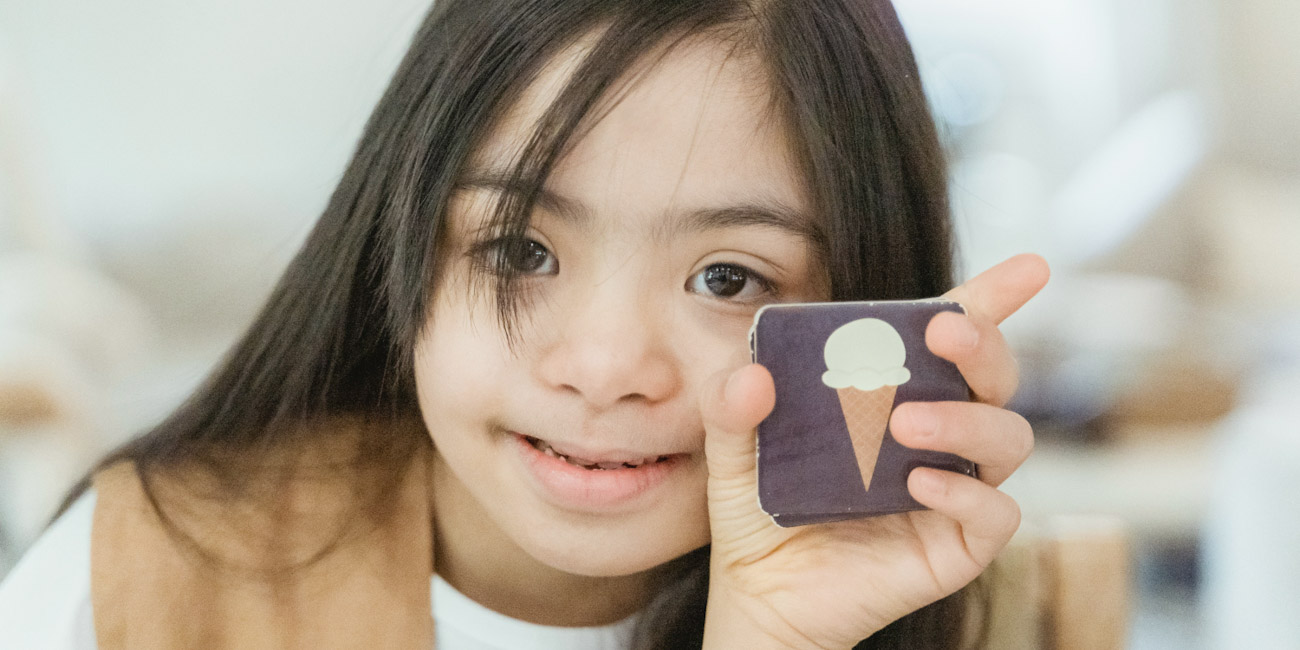
Memory games can challenge children's short-term, long-term and working memories. They support children's cognitive development.
There are commercial games for early childhood educators to purchase, but children can easily play memory games with homemade resources. If your children are interested in memorising things, encourage them to make their own games.
EYLF Learning Outcomes
Memory games help children become strong in their mental wellbeing (3.1) and develop confidence, creativity, enthusiasm and persistence (4.1). Memory games teach children skills in problem-solving, inquiry, experimentation, hypothesising, researching and investigating (4.2). Children will gain skills that can be transferred and adapted between contexts (4.3).
Learning experiences
Make your own memory games
Children can create their own memory games by:
- drawing and cutting out pairs of matching cards
- gathering a set of objects to memorise (hide them in a bag)
- making a sequence of musical or vocal sounds to repeat
- designing their own puzzle
- or inventing a new version of a classic game.
Recall sequences of events
Educators can encourage children to recall a series of events. At the end of the day, ask children to recall the things that happened in the order of their occurrence. During a group time, perform a series of actions and ask children to copy you (how many actions can you perform before they start forgetting?). Tell stories from books or your imagination and ask your children to repeat these back to you.
Remember lists
Play a game where one child says a list of their favourite objects or items they will purchase on an imaginary shopping trip. When they are finished, their friends can repeat the list back to them. How many list items can you remember? Can you remember them in the correct order?
Tell stories from long ago
Encourage children to think about when they were really young. What is the earliest thing they can remember? How old were they when this happened?
Discussions
Educators can:
- discuss memory, and the different types of memory, with children
- ask children to share examples from their everyday lives
- talk to children about how our brains remember things
- teach children different strategies to improve memory.
